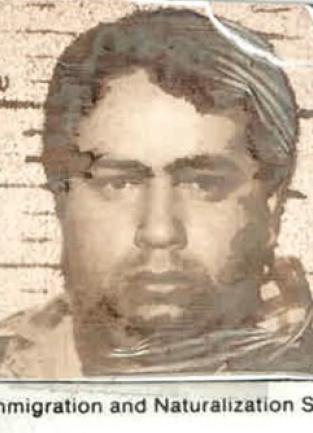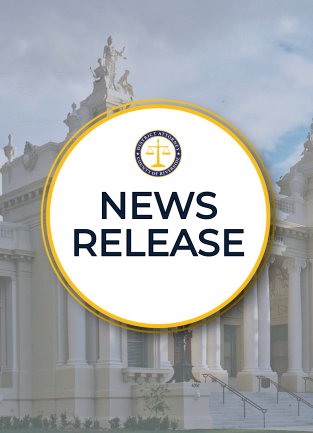DA's Office joins with Federal Trade Commission and others to sue Frontier Communications for misrepresenting internet speeds
Wed, 19/05/2021 - 05:00

RIVERSIDE – The Riverside County District Attorney’s Office has joined with the Federal Trade Commission (FTC) and agencies from several states in suing internet service provider Frontier Communications, alleging that the company did not provide many consumers with internet service at promised speeds and charged many consumers for more expensive and higher-speed service than Frontier actually provided.
In the complaint, filed in federal court, it is alleged that Frontier advertised and sold internet service in several plans, or tiers, based on download speed. Frontier has advertised these tiers using a variety of methods including regular mail and online ads and has sold them to consumers over the phone and online.
The allegations in the complaint pertain to Frontier’s Digital Subscriber Line (DSL) internet service, which is transmitted via copper telephone wires. Frontier provides DSL service to about 1.3 million consumers, many in rural areas, in 25 states including California.
Beginning in at least January 2015, thousands of consumers have complained to Frontier as well as government agencies that the company was failing to provide DSL internet service at the speeds promised. Many consumers have complained that the slower internet speeds provided by Frontier failed to support typical online activities that should have been available at the speed tiers Frontier had sold them.
The FTC’s complaint was filed with the DA’s Offices in Riverside and Los Angeles counties on behalf of the state of California, as well as the state attorneys general in Arizona, Indiana, Michigan, North Carolina, and Wisconsin.
It is alleged in the complaint that Frontier violated the FTC Act as well as various state laws. In California, it is alleged that Frontier violated the False Advertising Law (Business and Professions Code section 17500) and the Unfair Competition Law (B & P Code section 17200).
The FTC files a complaint when it has “reason to believe” that a named defendant is or is about to violate the law and it appears to the Commission that a proceeding is in the public interest. The case will ultimately be decided by the court.
This complaint was filed in the U.S. District Court for the Central District of California.
The case was handled for the Riverside County DA’s Office by Deputy DA Evan Goldsmith of the DA’s Consumer Protection Unit.
MEDIA CONTACT AT FTC: Juliana Gruenwald Henderson, [email protected] (202) 326-2924
# # #








